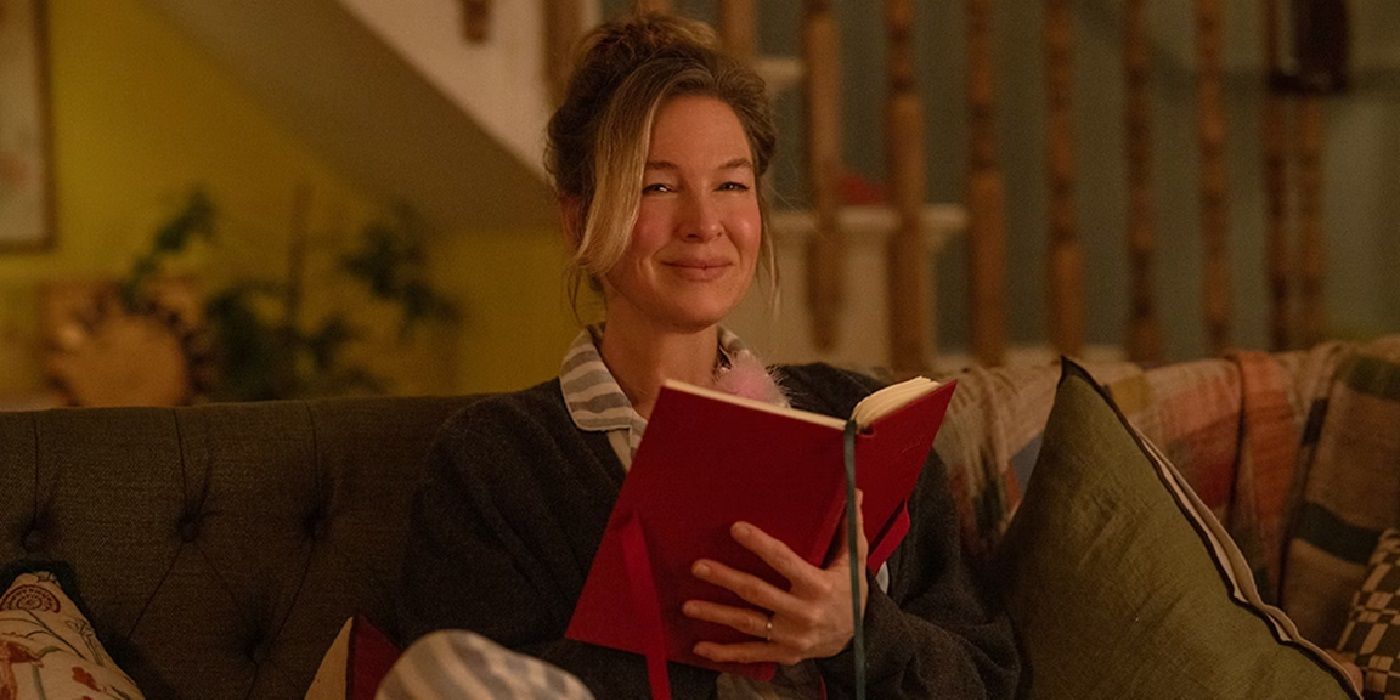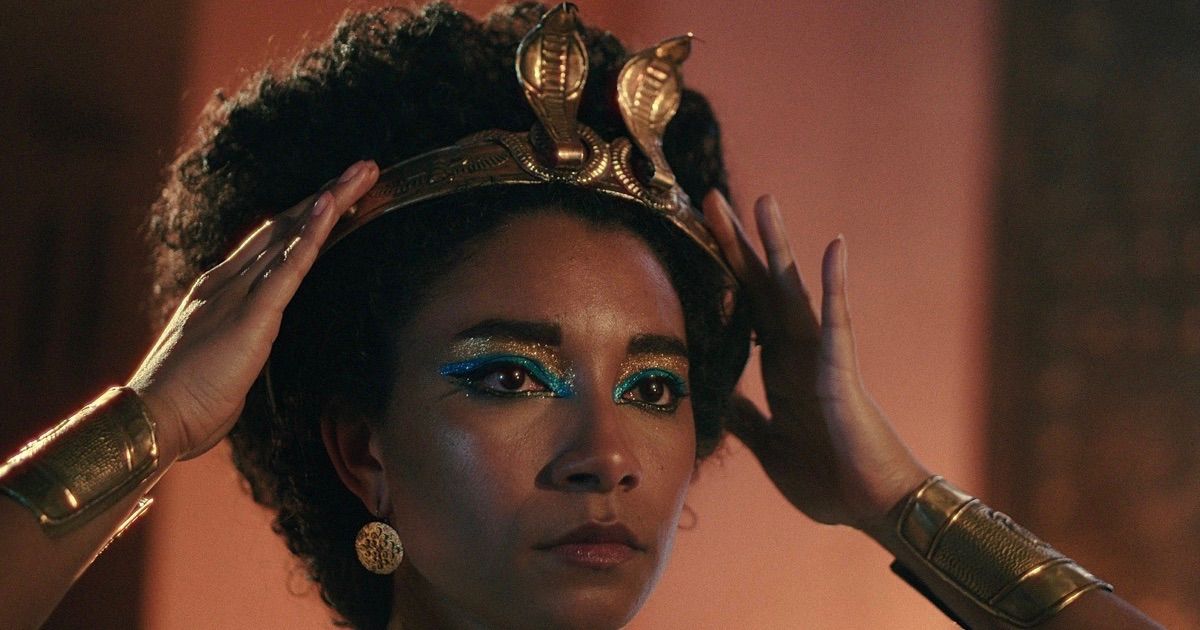Netflix’s Queen Cleopatra documentary has recently become the subject of controversy due to its casting of black actor Adele James as Cleopatra VII Philopator. The casting decision has sparked accusations of “black-washing” the historical figure, which has prompted a response from the Egyptian governmental agency, the Supreme Council of Antiquities (SCA). Per Deadline, the SCA addressed the controversy in a statement, presenting their perspective on Cleopatra’s ethnicity and race.
The SCA criticized the documentary’s portrayal of Cleopatra VII, calling it a “falsification of Egyptian history and a blatant historical fallacy.” They also pointed out that the film is classified as a documentary, which should rely on historical and scientific facts to avoid falsifying history and civilizations. The SCA emphasized that their rejection of the film was not based on any ethnic racism but rather to defend the history of Cleopatra VII, which is an important and authentic part of ancient Egyptian history, and to show respect for African civilizations and their brothers in the African continent.
“The appearance of the heroine is a falsification of Egyptian history and a blatant historical fallacy, especially since the film is classified as a documentary film and not a dramatic work, which requires those in charge of its production to investigate accuracy and rely on historical and scientific facts to ensure that history and civilizations are not falsified.
The rejection experienced by the film before it comes out is sparked out of defense of the history of Queen “Cleopatra VII”, which is an important and authentic part of the ancient history of Egypt, and far from any ethnic racism, with full respect for African civilizations and for our brothers in the African continent that brings us all together.”
RELATED: Netflix’s Queen Cleopatra Draws Complaints from Egyptians Over Black Actress Casting
Queen Cleopatra’s Director Defends Adele James’ Casting
Netflix
In recent years, the casting of Black actresses as historically white characters in docudramas has ignited heated debates regarding representation and historical accuracy. Two such examples include Jodie Turner-Smith’s portrayal of British queen Anne Boleyn and Adele James’ casting as Queen Cleopatra, which has drawn both criticism and praise. While some Egyptians have expressed concern that James’ portrayal is erasing their identity, others view the decision as a positive move towards greater inclusivity in the entertainment industry. These controversies underscore the challenges of accurately depicting historical figures on screen while promoting diversity and representation.
Queen Cleopatra director Tina Gharavi has defended the casting of Adele James, arguing that it is more likely that the real Cleopatra looked like her than previous white actresses who have portrayed her. In a recent essay for Variety, Gharavi explained that her childhood memories of Elizabeth Taylor’s portrayal of Cleopatra left her feeling captivated but also questioning the accuracy of the image presented on screen.
“I remember as a kid seeing Elizabeth Taylor play Cleopatra. I was captivated, but even then, I felt the image was not right,” Gharavi recalls. “Was her skin really that white? With this new production, could I find the answers about Cleopatra’s heritage and release her from the stranglehold that Hollywood had placed on her image?”
Queen Cleopatra will premiere on Netflix on May 10.
You can view the original article HERE.






























